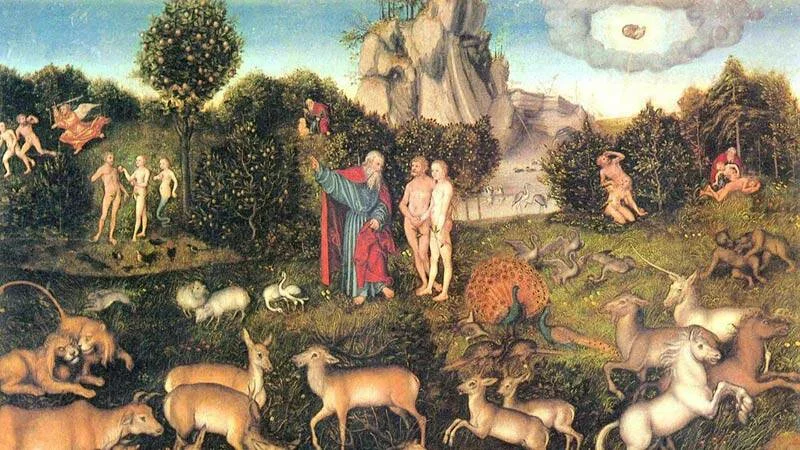Genesis 2:4–25 offers a second creation account that complements the account of Genesis 1. The creation of man and woman take central position in this second telling. “God formed the man out of the dust from the ground and breathed the breath of life into his nostrils, and the man became a living being” (2:7). God later formed the woman as the man’s complement (2:20–23).
There are at least three major theological realities that are addressed through the creation account of Genesis 2. First, a theology of humanity is continued from 1:26–28, with man and woman together being of central importance in God’s created world. Second, we have the theological grounding for marriage (2:24–25). “God is an achiever, and humanity—his greatest achievement in creation—is made to achieve too.”Third, we see that human work is part of the design for creation (2:15). We will focus here on the third of these.
In Genesis 2:15 we read, “God took the man and placed him in the garden of Eden to work it and watch over it.” This statement is basic to any good theology of work; God assigns a work role for the man.[1] So we see that work is a good part of creation; God is a worker (Gen 1), and his intent for humanity involves work. Work is not an unfortunate consequence of the fall (Gen 3), but is inherently good.
While it is clear that work is in view in 2:15, it is difficult to see a specific reference to achievement as we’ve defined it. However, there is a hint of achievement in vv. 19–20. As God formed every wild animal and bird of the sky, he “brought each to the man to see what he would call it. And whatever the man called a living creature, that was its name.” The man participates in God’s creative work; God forms the creatures, and he allows the man to name each creature. What a privilege!
God’s intent is clear: he brought each living creature to the man to see what he would call it. God expects the man to do something in this process; he is to fulfill his responsibility in naming the creatures.
And, indeed, that is exactly what the man does. In 2:20 we read, “The man gave names to all the livestock, to the birds of the sky, and to every wild animal.”
He achieved something!
We are not told how God evaluated the man’s achievement, but the text implies that it was “good.”
So, we see that from the very beginning, humanity is given work to do. And we see that the man “achieved” in his assigned work.
This is how it is meant to be in God’s creation. God is an achiever, and humanity—his greatest achievement in creation—is made to achieve too.
[1] This can arguably be seen in 1:28 too.








Comments
Be the first one to make a comment!